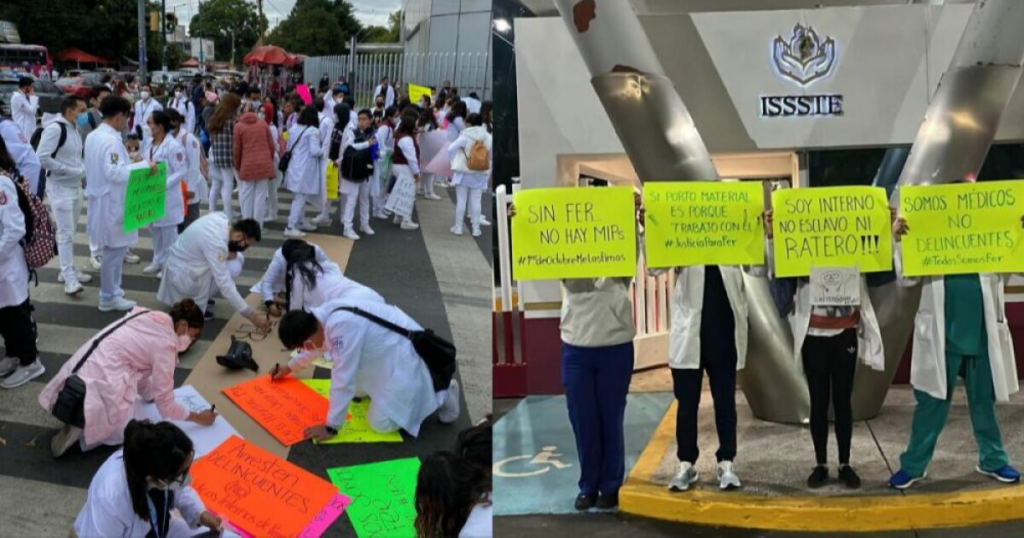On the afternoon of this Friday, October 28, the president of the National Assembly, Crispiano Adames, declared the period of ordinary plenary sessions closed. With this closure, the sessions will restart in January 2023.
During his final speech, Adames highlighted the approval of 74 bills, of which 13 have become Law of the Republic.
In this last session, the plenary approved the appointment of Ariadne García, as magistrate of the Second Criminal Chamber of the Supreme Court of Justice.
They also ratified Manuel Mata Avendaño, as substitute magistrate of the Second Criminal Chamber and Lilianne Ducruet Núñez, as substitute in the First Civil Chamber of the Supreme Court of Justice.
In addition, with 39 in favor, 9 against and 0 abstentions, they approved Bill 697 (objected) in the third debate, which regulates the commercialization and use of virtual assets and virtual asset service providers and dictates other provisions.
Another Bill approved this Friday was No. 809, which regulates the Legal Profession in Panama, whose objective is to issue modern regulations in accordance with the new challenges demanded by the profession.
“We are pleased with everything we have done. It has been a dynamic and intense period. We have differences, strengths, weaknesses, external oppositions, but I think that all the commissions have demonstrated the three situations contemplated by the Constitution» said Adames at the closing of the session.











